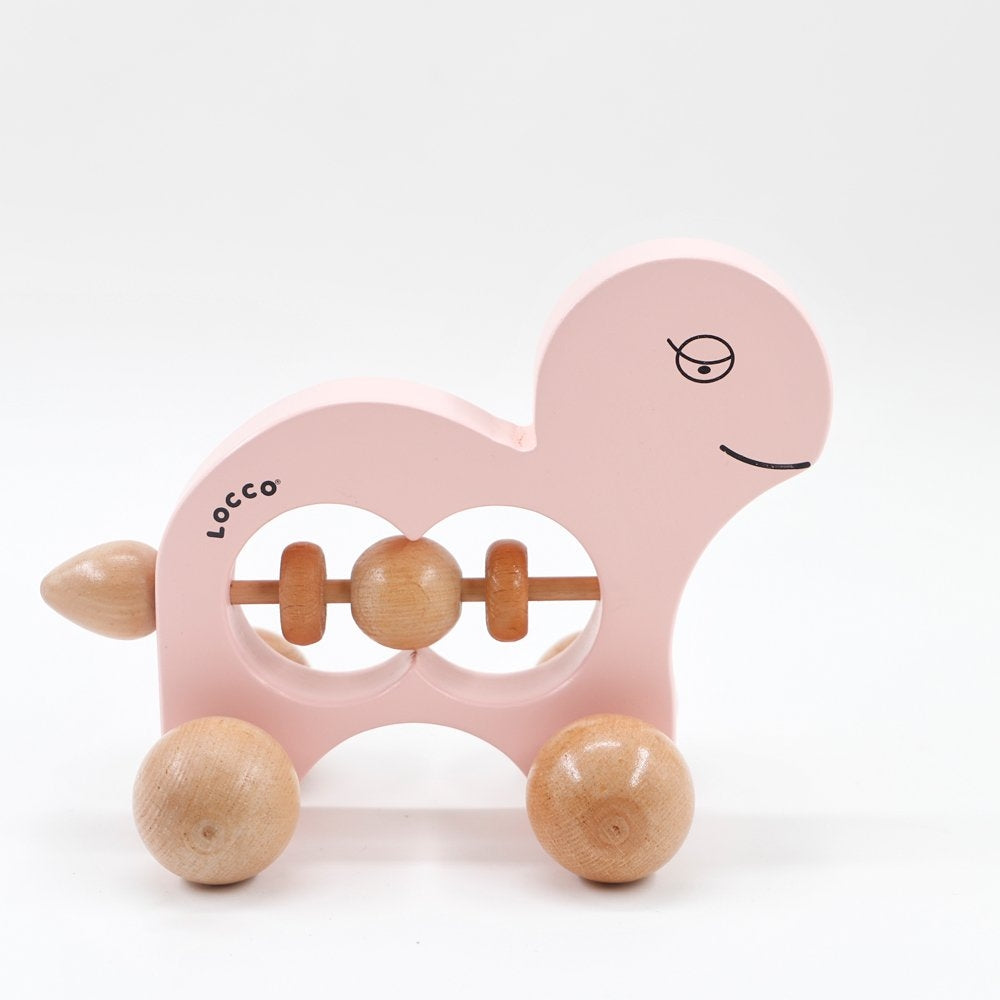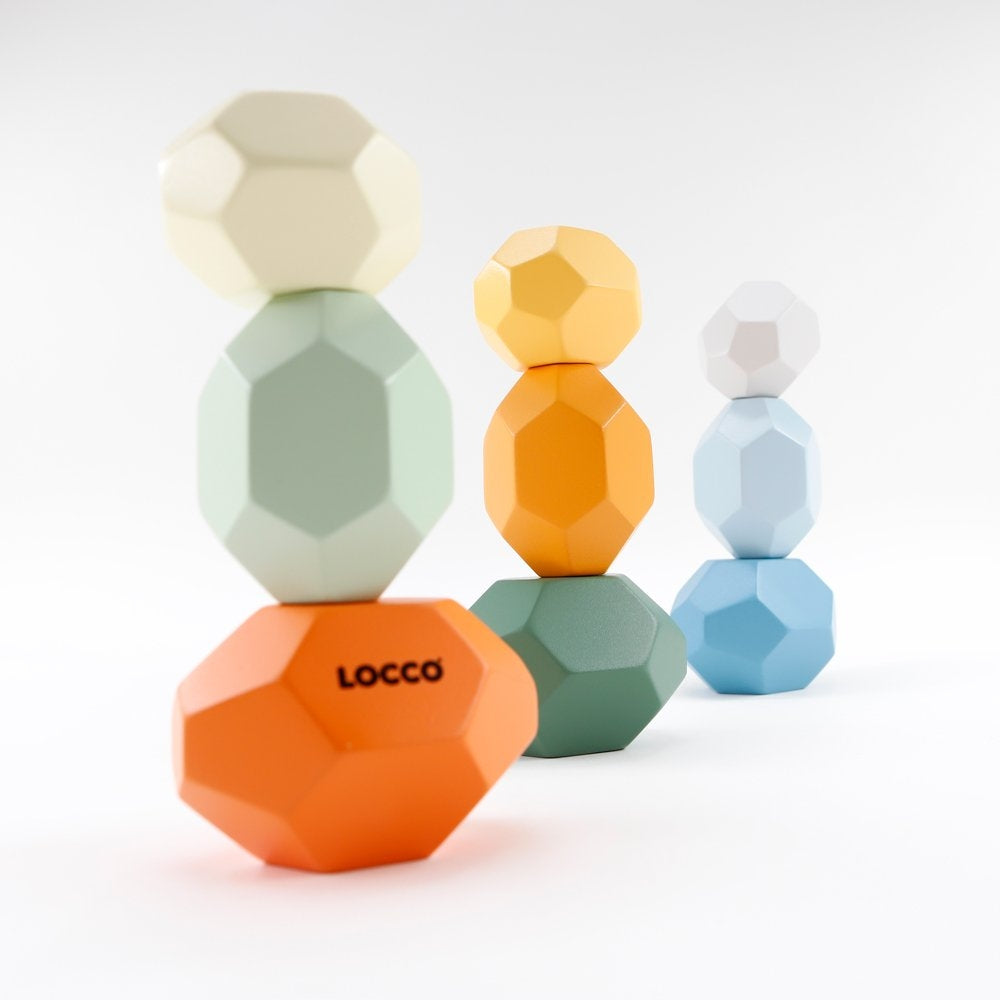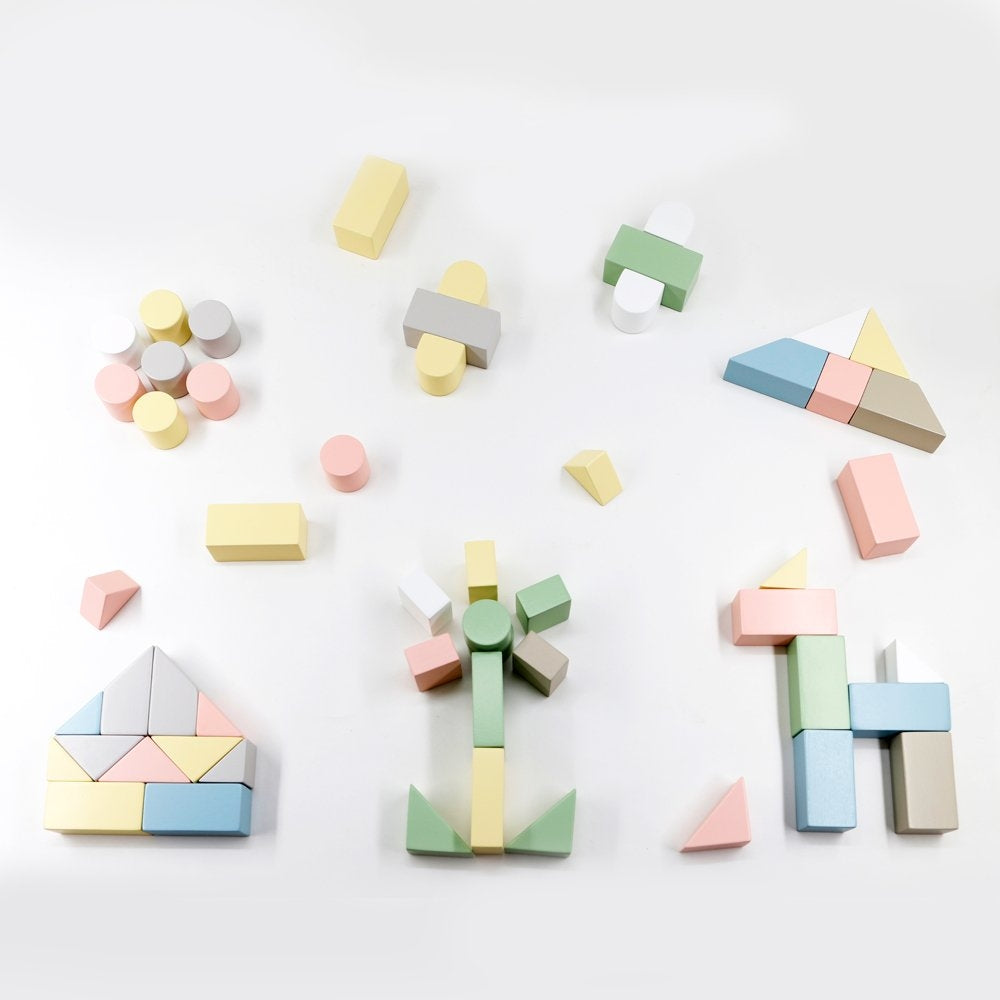The Importance of Wooden Toys in Child Development
With the rapid development of technology and the popularity of digital toys, the importance of traditional toys can sometimes be overlooked. However, classic toys such as wooden toys play an important role in children's mental, physical and emotional development. Wooden toys are not only durable and environmentally friendly, but also help children connect with the natural world.
In this article, we will examine why wooden toys are so effective in child development. We will touch on the positive effects of wooden toys on many abilities such as creative thinking, problem solving, developing motor skills and increasing social interactions.
1. Toys That Support Creativity
Wooden toys are simple yet effective toys that allow children to unleash their imagination. Unlike electronic toys, they usually do not contain distractions such as sound, light or movement. This allows children to create their own stories and direct the play process. Toys such as wooden blocks, puzzles and figures offer the opportunity to create unlimited combinations and play scenarios.
Sample Toy:
With Wooden Blocks , children develop both creative thinking skills and problem-solving abilities while building different structures. Building a simple tower or building a bridge allows children to imagine their own world.
2. Contribution to the Development of Motor Skills
Wooden toys are a great way for children to develop their fine and gross motor skills. Stacking wooden blocks, playing with figures, or putting puzzle pieces together strengthens children's hand-eye coordination and manual dexterity. These types of activities help children gain skills that require fine motor skills, such as writing and drawing, in later years.
Sample Toy:
Wooden Puzzles help children to recognize shapes and colors, while also improving their manual skills and attention span with the process of placing the pieces correctly.
3. Toys That Support Sensory Development
Wooden toys also help develop children's sensory perception. The texture, weight and natural feel of wood provide a different experience compared to plastic or electronic toys. The natural structure of wood allows children to develop their tactile perception and offers them a more natural play experience.
Sample Toy:
Toys like Wooden Animal Figures help children explore different textures when they pick them up. These types of toys develop their tactile senses and shape recognition skills.
4. Social Interaction and Collaboration
Wooden toys help children develop social skills while playing together. Group games with simple wooden toys help children learn to share, take turns, and work together. In addition, with role-playing games, children can create new scenarios with their friends and strengthen their social interactions by taking on different characters.
Sample Toy:
Toys like the Wooden Train Set allow children to work together to connect the tracks and move the trains together. In the process, children communicate with each other and learn to work as a team.
5. Eco-Friendly and Durable Toys
Wooden toys are not only beneficial for children, but they are also a sustainable option for the environment. Instead of damaging the environment like plastic toys, wooden toys are recyclable and long-lasting. The durable nature of wooden toys allows them to be used for generations, making them a more economical option for families in the long run.
Sample Toy:
Toys like the Wooden Block Set will last for years and can be used by children of all ages. Having more than one child in the family benefit from one toy is both economical and environmentally friendly.
Wooden toys play a major role in children’s mental, physical and emotional development. They are not only durable and environmentally friendly, but also enhance children’s creativity, motor skills and social interaction. Despite their simple design, wooden toys provide a deep learning experience and help children develop a closer connection with the natural world.
Parents and educators can support children's creativity and problem-solving skills by encouraging wooden toys in their developmental processes. Understanding the role that wooden toys play in child development contributes to raising them to be healthier, more talented and more social individuals in the future.
Wooden toys, one of the most natural and creative learning tools for children, offer a play experience that is both fun and educational. Therefore, choosing wooden toys to support your child's development will provide great benefits in the long run.





